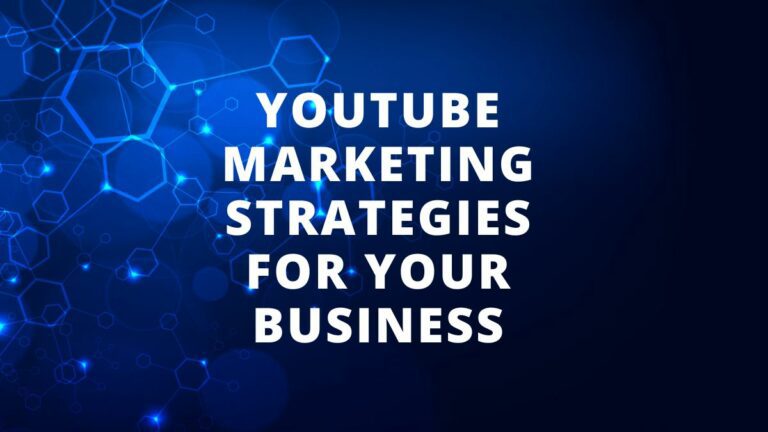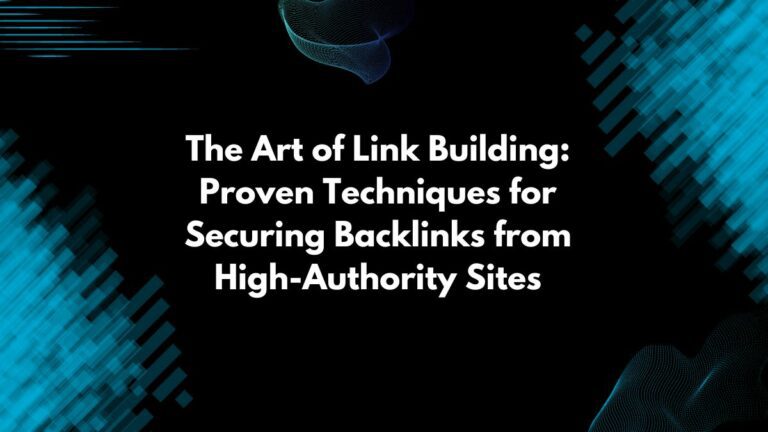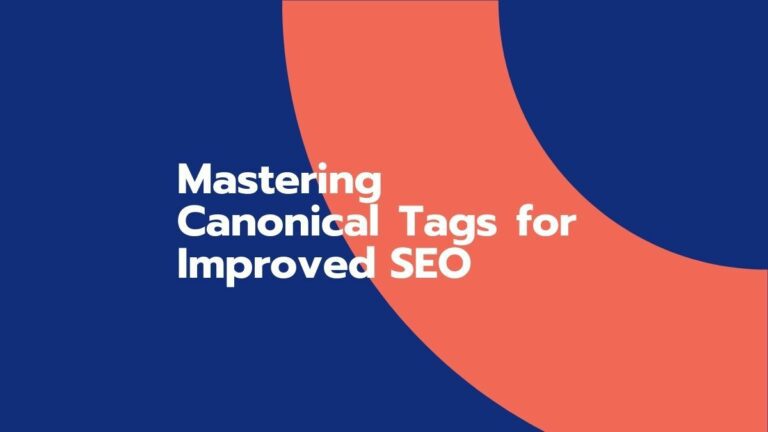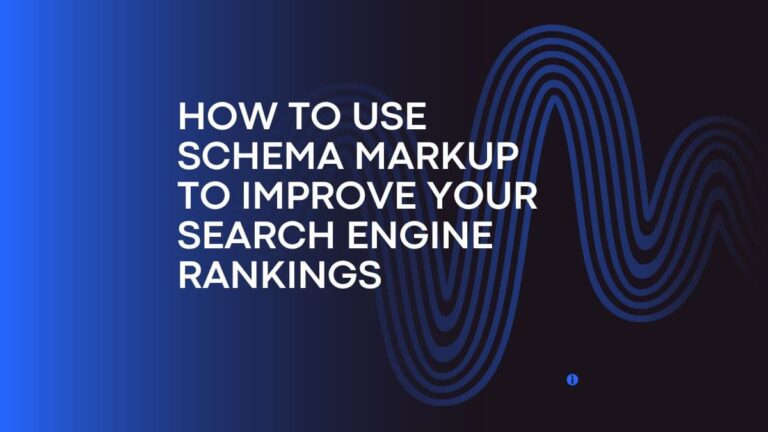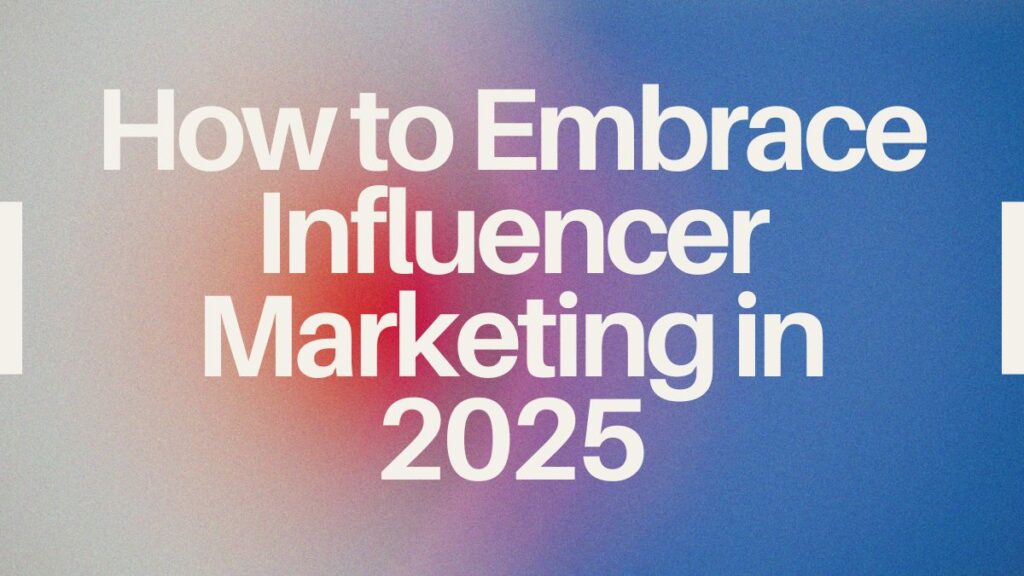
How to Embrace Influencer Marketing in 2025
Influencer marketing has come a long way from celebrity endorsements and broad-based sponsorships. Today, brands focus on authenticity in marketing, forming genuine influencer collaborations that resonate with specific niche audiences. As we move into 2025, the landscape continues to evolve, shifting towards deeper engagement, long-term partnerships, and a greater emphasis on micro influencers.
The Shift Toward Authenticity in Marketing
Consumers are no longer impressed by influencers who pose with a product or service. Audiences crave authentic content that feels natural rather than scripted. This demand for brand authenticity has led companies to prioritize influencers who align with their values and genuinely believe in what they promote. When done right, influencer collaborations feel less like ads and more like real-life recommendations from a trusted source.
Take the case of a sustainable fashion brand partnering with a micro influencer passionate about eco-friendly living. Their content goes beyond a simple sponsored post—it becomes an honest conversation about making responsible fashion choices. This partnership builds trust and deepens the connection between brands and consumers.
Why Micro Influencers Are Leading the Way

While macro influencers and celebrities still play a role, micro influencers offer brands something even more valuable: engaged, loyal followings within specific niche communities. These influencers, typically with 10,000 to 100,000 followers, build trust with their audience through consistent, relatable content. Instead of reaching a massive, broad audience, brands can now find micro influencers who speak directly to the people most likely to be interested in their products.
For example, a fitness equipment brand may work with micro influencers in different fitness niches—yoga instructors, weightlifters, or runners—rather than relying on a single celebrity endorsement. Each influencer connects with their followers in a way that feels personal and credible, leading to more meaningful engagement.
Finding the Right Influencers for Your Brand
The success of influencer marketing campaigns depends on choosing the right partners. Brands must move beyond follower count and focus on engagement rates, audience demographics, and content authenticity. The rise of AI tools and influencer databases makes it easier than ever to find micro and nano influencers who align with a brand’s identity. However, personal vetting remains crucial. Reviewing past posts, audience interactions, and the influencer’s overall brand alignment ensures a strong, credible partnership.
A great example is how skincare brands have embraced working with micro influencers in the dermatology and beauty. Instead of relying on high-profile celebrities, these brands partner with knowledgeable skincare enthusiasts who create content about real-life experiences, making recommendations more trustworthy.
The Role of Long-Term Influencer Collaborations
Previously, brands often treated influencer marketing as a one-off tactic—paying influencers for a single sponsored post. In 2025, we see a shift toward long-term partnerships where influencers become ongoing brand ambassadors. These relationships create more authentic connections, allowing influencers to integrate products or services into their everyday lives rather than featuring them in one-time promotions.
For instance, a tech brand launching a new smartwatch might collaborate with a fitness influencer over several months, showcasing different features and how they fit into daily routines. This gradual exposure fosters credibility and helps consumers see the product in real-life scenarios rather than just through a single ad.
The Impact of Platform-Specific Strategies
Not all social media platforms are created equal regarding influencer marketing. TikTok, Instagram, YouTube, and LinkedIn each offer unique opportunities for brands to engage audiences. Short-form video content dominates on TikTok and Instagram Reels, where influencers create quick, engaging clips that feel less polished and more relatable. Meanwhile, YouTube allows for longer, in-depth content that helps influencers establish authority in their niche.
For B2B brands, LinkedIn influencers are becoming a powerful force in thought leadership. Professionals in finance, tech, and marketing are building personal brands and collaborating with companies in meaningful ways beyond traditional advertising. Recognizing where an audience engages most is key to maximizing influencer marketing campaigns.

What Does Influencer Marketing Do?
Influencer marketing bridges the gap between brands and consumers by leveraging the trust influencers have built with their audiences. Instead of relying on traditional ads, which can feel impersonal, businesses collaborate with influencers to create authentic content that resonates with specific communities.
At its core, influencer marketing helps brands increase awareness, drive engagement, and boost sales. A well-executed campaign introduces a product or service in a natural, relatable way, making it more likely that potential customers will take action. For example, when a beauty influencer shares their personal experience with a skincare product, followers see a real-world application rather than a scripted commercial, making the recommendation more compelling.
Another key role of influencer marketing is building trust. Consumers are more likely to purchase a product recommended by someone they follow and admire. Micro influencers, particularly, have tight-knit, engaged audiences who value their opinions. Whether it’s a food blogger showcasing a new kitchen gadget or a travel vlogger highlighting a hidden gem, these influencers create personal and credible content.
Influencer marketing also enhances brand authenticity. Modern consumers are skeptical of overly polished marketing messages. By working with influencers who align with their values, brands can connect with audiences more emotionally. A fitness brand partnering with a personal trainer to demonstrate workout routines feels far more genuine than a generic gym ad.
Finally, influencer marketing supports long-term brand growth. Unlike one-time ads, influencer collaborations can create ongoing conversations and relationships, leading to sustained engagement. Brands that invest in meaningful influencer partnerships see short-term interest spikes and lasting brand loyalty.
The Future of Influencer Marketing in 2025 and Beyond
Looking ahead, the trends shaping influencer marketing will continue to evolve. AI-driven analytics will refine the way brands identify and measure influencer success. Consumers will demand even greater transparency, pushing brands and influencers to disclose partnerships in a natural and honest way. Additionally, as social media platforms develop new monetization tools, influencers will have even more opportunities to turn content creation into a sustainable career.
The successful brands will embrace influencer collaborations as a two-way relationship rather than a simple transaction. By prioritizing authenticity, building trust, and investing in long-term partnerships, companies can create marketing strategies that connect with audiences meaningfully. navigating the complexities of a fragmented and privacy-conscious landscape. By integrating sophisticated analytics, prioritizing consumer privacy, and fostering collaboration, businesses can unlock the full potential of their marketing strategies. Embracing these advanced MMM techniques in 2025 will enhance marketing effectiveness and position brands for sustainable growth in an ever-evolving digital environment.

Key Takeaways for Influencer Marketing:
Influencer marketing in 2025 is all about connection, credibility, and content that feels real. Brands that recognize the power of micro influencer marketing, platform-specific strategies, and long-term partnerships will stand out in a crowded digital space. As consumers continue to demand authenticity, the key to success will be finding influencers who genuinely align with brand values and can create content that speaks to audiences in a personal and trustworthy way.
Digital Results would be happy to help you with your digital marketing needs. Get in touch for a free 30-minute consultation—one of our experts will walk through how we can help optimize your search engine optimization (SEO).
Ready to Grow Your Search Engine Results?
Let Digital Results assist you in your SEO strategy and help
deliver the search engine results you need.


